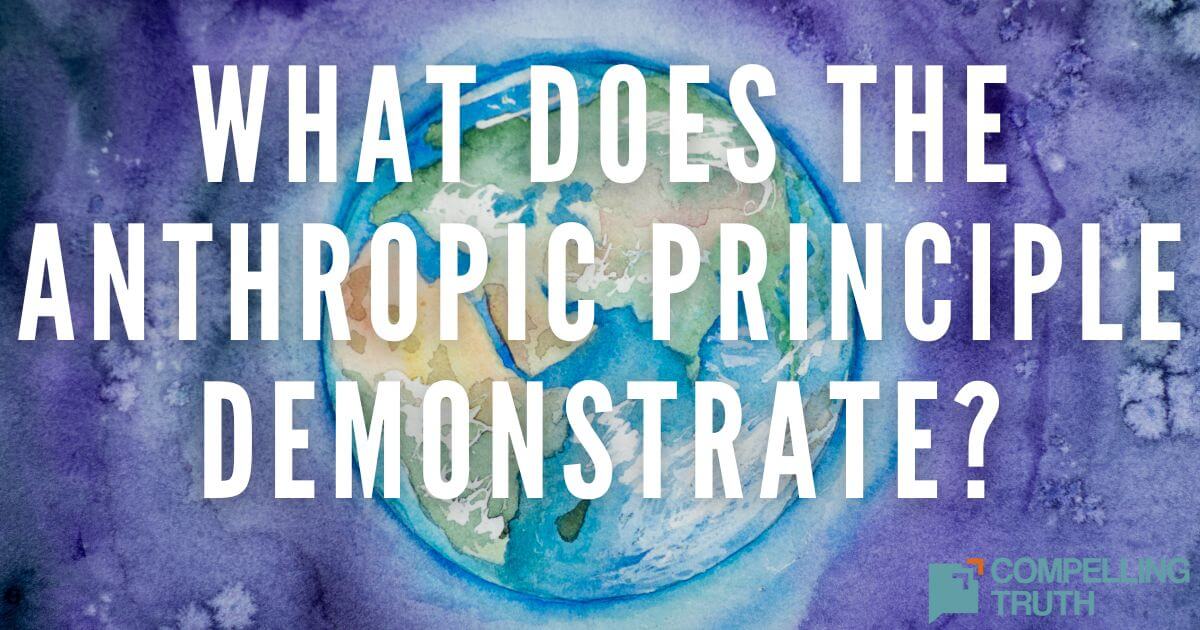what does the bible say?
String theory is a theoretical framework in physics that attempts to unify the seemingly incompatible theories of general relativity and quantum mechanics. It proposes that the fundamental constituents of the universe are not point-like particles, but tiny, vibrating strings existing in multiple dimensions. This concept has captured the imagination of both scientists and theologians, leading some to draw parallels between string theory and ideas about God's nature. However, it's crucial to understand that string theory remains a mathematical model without empirical evidence, and the Bible does not directly address such scientific concepts. While string theory may offer intriguing analogies for discussing God's transcendence, Scripture emphasizes that God's ways and thoughts are far beyond human comprehension (Isaiah 55:8–9). Our understanding of God ultimately comes through His self-revelation, not through scientific theories, no matter how elegant they may be.




